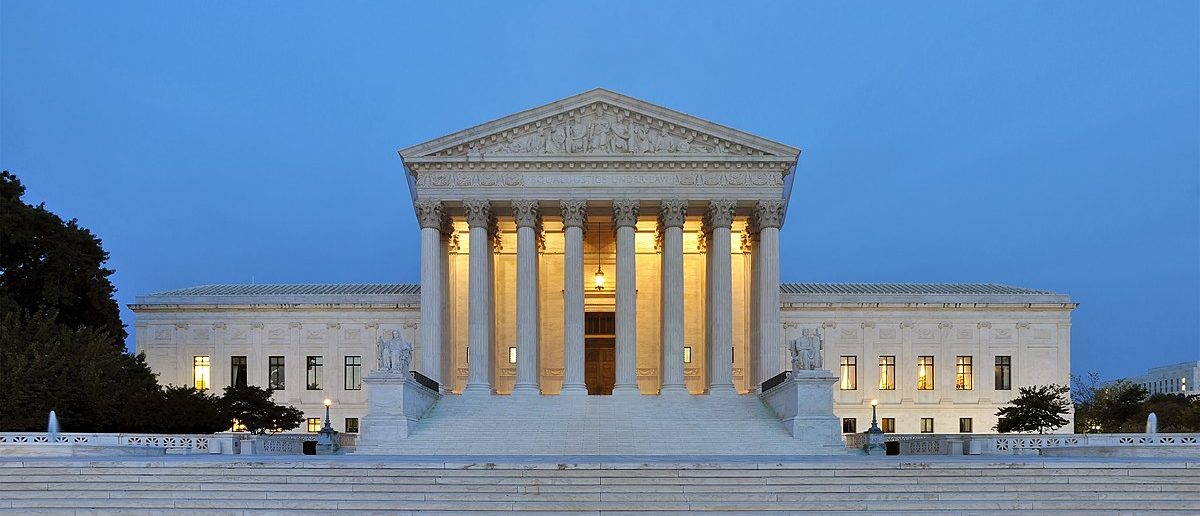Economy
Kamala Harris’ Energy Policy Catalog Is Full Of Whoppers
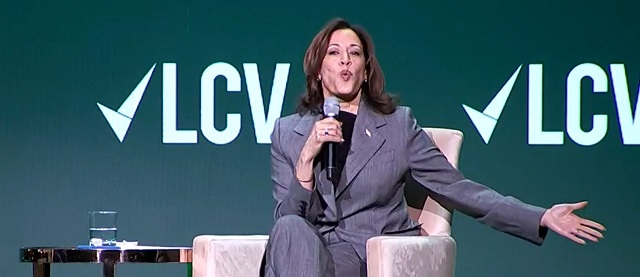
 From the Daily Caller News Foundation
From the Daily Caller News Foundation
The catalog of Vice President Kamala Harris’s history on energy policy is as thin as the listing of her accomplishments as President Joe Biden’s “Border Czar,” which is to say it is bereft of anything of real substance.
But the queen of word salads and newly minted presumptive Democratic presidential nominee has publicly endorsed many of her party’s most radical and disastrous energy-related ideas while serving in various elected offices — both in her energy basket-case home state of California and in Washington, D.C.
What Harris’s statements add up to is a potential disaster for America’s future energy security.
“The vice president’s approach to energy has been sophomorically dilettantish, grasping not only at shiny things such as AOC’s Green New Deal but also at the straws Americans use to suck down the drinks they need when she starts talking like a Valley Girl,” Dan Kish, a senior research fellow at Institute for Energy Research, told me in an email this week. “To be honest, she’s no worse than many of her former Senate colleagues who have helped cheer on rising energy costs and the fleeing American jobs that accompany them. She doesn’t seem to understand the importance of reliable and affordable domestic energy, good skilled jobs or the national security implications of domestically produced energy, but maybe she will go back to school on the matter. No doubt on her electric school bus.”
During her first run for the Senate in 2016, Harris said she would love to expand her state’s economically ruinous cap-and-trade program to the national level. She also endorsed then-Gov. Jerry Brown’s harebrained scheme to ban plastic straws as a means of fighting climate change.
Tim Stewart, president of the U.S. Oil and Gas Association, told me proposals like that one would lead during a Harris presidency to the “Californication of the entire U.S. energy policy.” “Historically,” he added, “the transition of power from a president to a vice president is designed to signal continuity. This won’t be the case, because a Harris administration will be much worse.”
But how much worse could it be than the set of Biden policies that Harris has roundly endorsed over the last three and a half years? How much worse can it be than having laughed through a presidency that:
— Cancelled the $12 billion Keystone XL Pipeline on day one.
— Enacted what many estimate to be over $1 trillion in debt-funded, inflation-creating green energy subsidies.
— Refused to comply with laws requiring the holding of timely federal oil and gas lease sales.
— Instructed its agencies to slow-play permitting for all manner of oil and gas-related infrastructure.
— Tried to ban stoves and other gas appliances.
— Listed the Dunes Sagebrush Lizard as an endangered species despite its protection via a highly-successful conservation program.
— Invoked a “pause” on permitting of new LNG export infrastructure for the most specious reasons imaginable.
— Drained the Strategic Petroleum Reserve for purely political reasons.
As Biden’s successor for the nomination, Harris becomes the proud owner of all these policies, and more.
But Harris’ history shows it could indeed get worse. Much worse, in fact.
While mounting her own disastrous campaign for her party’s presidential nomination in 2020, Harris endorsed a complete ban on hydraulic fracturing, i.e., fracking. She later conformed that position to Biden’s own, slightly less insane view, but only after being picked as his running mate.
Consider also that while serving in the Senate in early 2019, Harris chose to sign up as a co-sponsor of the ultra-radical Green New Deal proposed by New York Rep. Alexandria Ocasio Cortez. It is not enough that the Biden regulators appeared to be using that nutty proposal and climate alarmism as the impetus to transform America’s entire economy and social structure: Harris favors enacting the whole thing.
As I have detailed here many times, every element of climate-alarm-based energy policies adopted by the Biden administration will inevitably lead the United State to become increasingly reliant on China for its energy needs, in the process decimating our country’s energy security. By her own words and actions, Harris has made it abundantly clear she wants to shift the process of getting there into a higher gear.
She is an energy disaster-in-waiting.
David Blackmon is an energy writer and consultant based in Texas. He spent 40 years in the oil and gas business, where he specialized in public policy and communications.
Business
Outrageous government spending: Canadians losing over 1 billion a week to interest payments

 By Franco Terrazzano
By Franco Terrazzano
Massive borrowing, soaring interest charges unacceptable
The Canadian Taxpayers Federation is calling on the federal government to cut spending following Thursday’s Parliamentary Budget Officer report showing debt interest charges cost taxpayers $54 billion in 2024-25.
“The PBO report shows debt interest charges cost taxpayers more than $1 billion every week,” said Franco Terrazzano, CTF Federal Director. “Massive deficits mean interest charges cost taxpayers more than the feds send to the provinces in health transfers.”
The PBO projects the federal government’s deficit to be $46 billion in 2024-25.
Interest charges on the federal debt cost taxpayers $54 billion in 2024, according to the PBO’s Economic and Fiscal Monitor. For comparison, the federal government spent $52 billion through the Canada Health Transfer in 2024, according to the Fall Economic Statement. That means the government spent more money on debt interest payments than it sent to the provinces in health-care transfers.
A separate PBO report projects debt interest charges will reach $70 billion by 2029.
A recent Leger poll shows Canadians want the federal government to cut spending (45 per cent) instead of increasing spending (20 per cent) or maintaining current spending levels (19 per cent).
“Borrowing tens of billions of dollars every year is unaffordable and unacceptable,” Terrazzano said. “Canadians want
Automotive
Carney’s exercise in stupidity
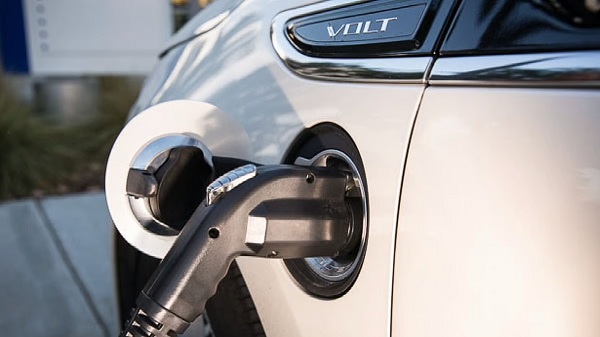
 By Dan McTeague
By Dan McTeague
This past Tuesday, the Conservative Party put forward a motion in parliament calling on the Liberal government to immediately end their ban on gas-and-diesel driven Internal Combustion Engine (ICE) vehicles, which will take full effect in 2035.
Arguing for the motion, Melissa Lantsman rightly said, “Nobody is denying people the choice to drive an electric car. There is nothing wrong with that. What is wrong is the government mandating that everybody drive an electric car.”
Unfortunately for all of us, MPs voted 194-141 to keep the EV mandate in place.
The vote itself is unsurprising, since, despite Mark Carney’s campaign-long insistence that he shouldn’t have to answer for the policies of his predecessor, he was a Trudeau advisor and confidant for years, and there is virtually no daylight between their governments on any major issue.
Still, this will be the first time that many Canadians even hear about the ICE ban, the implementation of which begins in earnest on January 1st, just about six months from now. At that time, the government will mandate that 20 per cent of all new light-duty vehicles (passenger cars, SUVs, and pickups) must be classified as “zero-emisson,” or Electric Vehicles (EVs).
How, you might ask, does the government expect automakers to ensure that, come January, one-out-of-five car-buying Canadians will choose to purchase an Electric Vehicle? Especially since consumers have been skeptical of EVs thus far, with just 13.7 per cent sold in Canada last year.
(And, as Tristin Hopper recently pointed out, even that number is misleading. “These sales are disproportionately concentrated in a single province…. Of the 81,205 zero-emission vehicles sold in Canada in the last quarter of 2024, 49,357 were sold in Quebec.” That’s 60 per cent!)
Well, the answer to that question is that manufacturers will be required to submit annual reports to the Ministry of Environment and Climate Change, detailing their compliance with the government’s EV targets. If they don’t meet their EV sales quota, they will face significant financial penalties.
To avoid those penalties, automakers will be forced into one option. As Conservative MP Cheryl Gallant explained, “How will carmakers ensure they sell enough electric vehicles? They will do it by drastically raising the price of internal combustion vehicles!”
That’s right, their only option will be to start increasing the price of the cars and trucks Canadians want to buy, in order to force us to buy ones we don’t want to buy.
This is madness.
To reiterate what I’ve said over and over and over again, the Liberals’ EV mandate is bad policy.
It forces Canadians to buy a product that is expensive. EVs cost more than ICE vehicles, even factoring in the government subsidies on which the EV industry has perpetually relied. Ottawa’s $5,000-per-EV rebate program ran out of money six months ago and was discontinued, at which time EV numbers really began to fall off, which is why the Liberals stated desire to toss more tax dollars at bringing it back.
And it forces us to buy a product that is poorly suited for Canada. EV batteries are bad at holding a charge in the cold, and are just generally less reliable.
We don’t have the infrastructure to support this EV transition. Our electrical grid is already strained, and doesn’t have the capacity to support millions of EVs being plugged in nightly, especially as the Trudeau/Carney Liberals progressively push us to replace reliable energy sources, like oil and natural gas, with unreliable “renewables.”
On top of all that, where do they think we’re going to get all of these glorified golf carts they’re trying to force on the Canadian public? Even with the estimated $52 billion that the Trudeau and Ford governments have thrown at the industry to subsidize the manufacture of EVs in Canada, we don’t make anywhere near enough EVs to support a full-transition.
That’s likely why left-leaning outlets have started calling on Mark Carney to lift the tariff on Chinese EVs. Taking advantage of EV mandates might be smart business for China — flood the markets of gullible nations with EVs which are cheaper than what domestic manufacturers can produce, and then jack up the price once the mandates are fully implemented and they have no competition from either traditional vehicles or other EV companies.
But us going along with that scheme is the definition of bad business. Which is probably why our automakers have started to admit that the mandates are unrealistic and call for them to be repealed.
Tuesday’s vote went the wrong way for Canadians, but kudos to the Conservatives for bringing this motion forward in the first place. I only wish they had started talking about this sooner. A national campaign would have been the perfect time to call the country’s attention to a policy which people are only vaguely aware of and which, if enacted, will make all of our lives harder and more expensive.
But there’s no time like the present. The more Canadians hear about these EV mandates, the more they hate them. If we make enough noise about this, we might just be able to change course and avert disaster.
Here’s hoping.
Dan McTeague is President of Canadians for Affordable Energy.
-
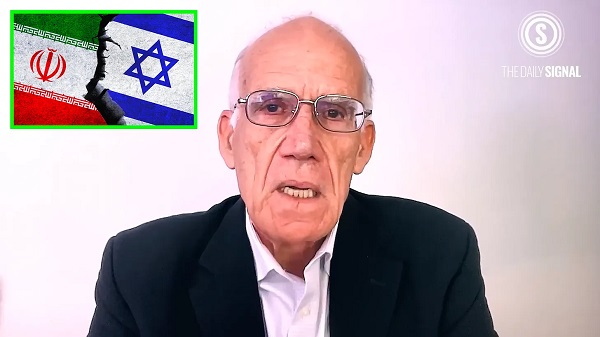
 conflict1 day ago
conflict1 day agoVictor Davis Hanson Makes a Disturbing Prediction About What Happens If Iran Survives
-
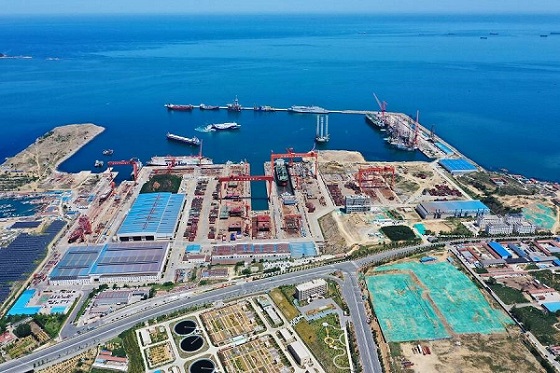
 Business4 hours ago
Business4 hours agoOttawa Slams Eby Government Over Chinese Shipyard Deal, Citing Security and Sovereignty Risks
-
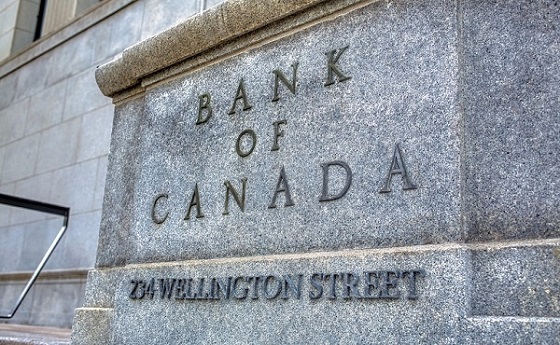
 Banks15 hours ago
Banks15 hours agoTop Canadian bank studies possible use of digital dollar for ‘basic’ online payments
-
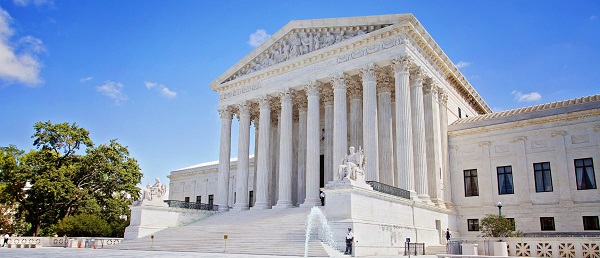
 Automotive1 day ago
Automotive1 day agoSupreme Court Delivers Blow To California EV Mandates
-

 Business2 days ago
Business2 days agoSenator wants to torpedo Canada’s oil and gas industry
-

 Alberta1 day ago
Alberta1 day agoSecond body recovered from Bow Glacier Falls rockslide. Police identify first victim
-
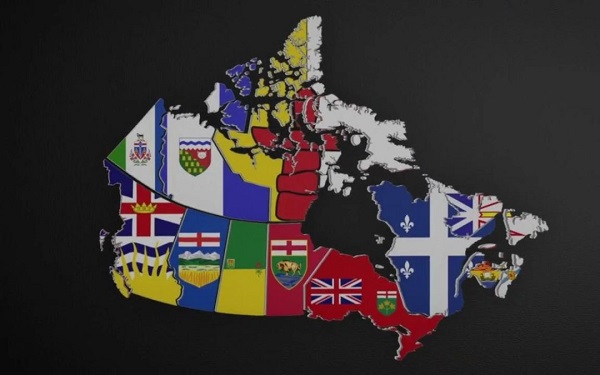
 Alberta1 day ago
Alberta1 day agoAlberta Trailblazing On Property Rights Protections
-

 International1 day ago
International1 day agoTaiwan Criticizes CBC Correction on United Front Buddhist Land Story, Citing PRC Political Pressure
